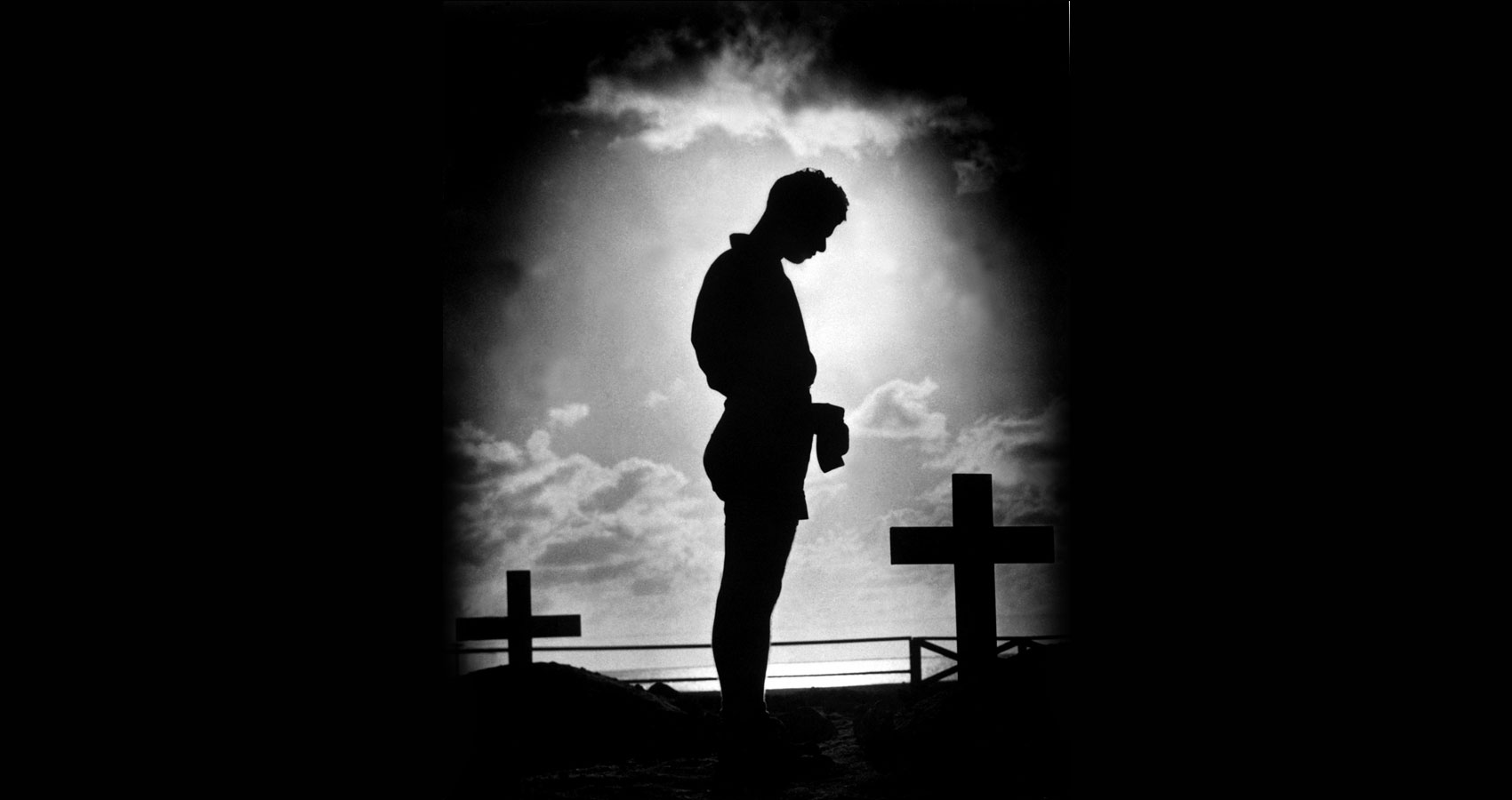

Margaret regretted the fact that she had not been able to stand at her mother’s grave: and the poem certainly matches these circumstances. She had copied out an earlier version and had included Ireland in the last line ‘while Ireland lives I will not die!’ The present best claimant to the poem is, instead, one Mary Elizabeth Frye, a Baltimore woman (obit 2004): MEF, allegedly, wrote the poem, in 1932 to console a Jewish girl (Margaret Schwarzkopf) who had lost her mother in Germany, which has got it claimed, rather shakily, as a holocaust poem. They countered that it was, rather, by an American Republican supporter Marilyn Rhinehart (of Arizona) who had sent it to Terry Boyle, a Republican in Strablane prison. At this point the IRA stepped in and, not content with having killed the boy, also decided to detonate any shadow of a claim that the poem was by a Brit (it almost certainly wasn’t). The poem regardless of its origin became an object of almost cult devotion in the UK. (Stephen had actually signed the poem as ‘anonymous’). His father shared the poem with the national media and a mourning fiancé believed that Stephen himself had written it. The poem had been scribbled out by SC in a letter to be left for his family in the case of his death. It then reared up again on the death of a British soldier, Stephen Cummins, killed by an IRA road bomb in Northern Ireland in 1989.

The poem first became internationally famous in 1986 when ‘Dear Abby’ (Abigal van Buren) set out to look for its origins: it had been a eulogy for John Wayne, which had been read by Howard Hawks at Wayne’s funeral in 1979, by John Wayne at Howard Hawks funeral in 1977 (see comment below) and this might (?) explain why it was later claimed for an American Indian chief. What is fascinating about the poem is that, even though (relatively) recent and much celebrated there is real doubt about who actually wrote it.

It is what Orwell called ‘good bad poety’: and Beach says this without any sense of judgement having listened obsessively to Abba all week.

It is not Auden or Elliot or Ted Hughes or Geoffrey Hill. ‘ Do not stand at my grave and weep’ is one of the most quoted twentieth-century poems in English.


 0 kommentar(er)
0 kommentar(er)
